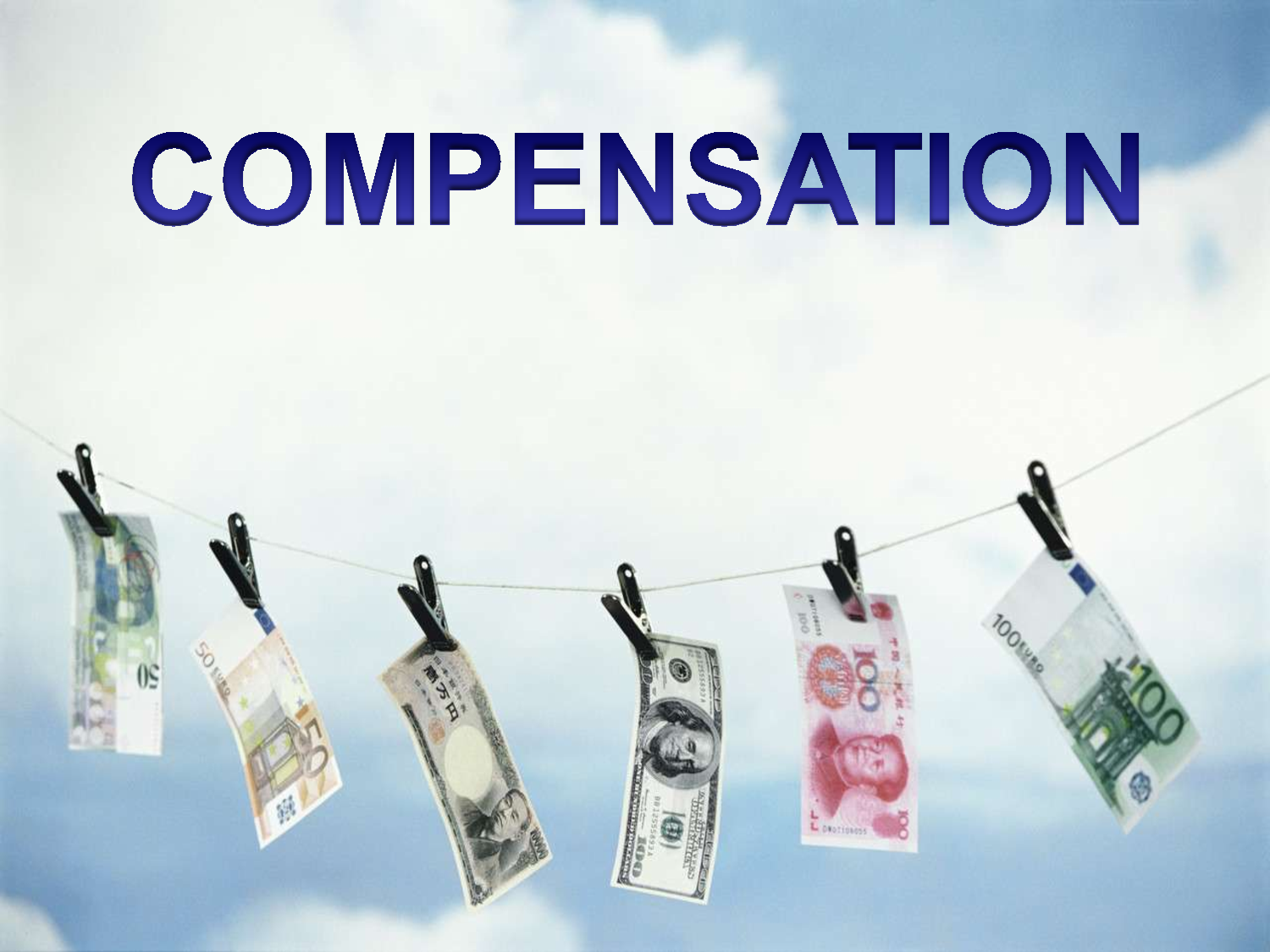Understanding Compensation In Chinese: A Comprehensive Guide
Compensation 中文 is a critical topic that encompasses various aspects of employment, legal rights, and financial remuneration in China. As the Chinese economy continues to grow and evolve, understanding how compensation works is essential for both employees and employers. This article aims to provide a thorough overview of compensation, covering its definitions, types, and the legal framework that governs it in China.
In this guide, we will delve into the various components of compensation, including salary, benefits, and bonuses. Additionally, we will explore the cultural nuances and legal obligations that shape compensation practices in the Chinese workforce. By the end of this article, you will have a comprehensive understanding of compensation in the Chinese context, enabling you to navigate this crucial aspect of employment effectively.
Whether you are an employee seeking to understand your rights or an employer looking to establish fair compensation practices, this article will serve as a valuable resource. Let's embark on this journey to demystify compensation in Chinese.
Table of Contents
- 1. Definition of Compensation
- 2. Types of Compensation
- 3. The Legal Framework of Compensation in China
- 4. Cultural Aspects of Compensation
- 5. Salary Structure in China
- 6. Employee Benefits
- 7. Performance Bonuses and Incentives
- 8. Conclusion
1. Definition of Compensation
Compensation refers to the total rewards that an employee receives in exchange for their work. This includes not only direct monetary payments but also non-monetary benefits. In the Chinese context, the term "compensation" (补偿, bǔcháng) is used to describe various forms of remuneration that employees may receive.
1.1 Importance of Compensation
Understanding compensation is vital for both employees and employers for several reasons:
- Ensures fairness and equity in the workplace.
- Motivates employees to perform at their best.
- Helps businesses attract and retain top talent.
2. Types of Compensation
There are several types of compensation that employees may receive. These can generally be categorized into two main groups: direct compensation and indirect compensation.
2.1 Direct Compensation
Direct compensation includes wages, salaries, and bonuses that employees receive directly from their employer. In China, the minimum wage varies by region, and it's important for employers to adhere to these regulations.
2.2 Indirect Compensation
Indirect compensation includes benefits such as health insurance, retirement plans, and paid time off. These benefits can significantly enhance an employee's overall compensation package.
3. The Legal Framework of Compensation in China
The legal framework surrounding compensation in China is governed by several laws and regulations. Key regulations include the Labor Law of the People's Republic of China and the Labor Contract Law.
3.1 Labor Law of the People's Republic of China
This law establishes the rights and obligations of both employers and employees, including stipulations regarding minimum wage, overtime pay, and other compensation-related matters.
3.2 Labor Contract Law
The Labor Contract Law outlines the requirements for employment contracts, including salary agreements and benefits, ensuring that employees are fairly compensated for their work.
4. Cultural Aspects of Compensation
Cultural factors play a significant role in shaping compensation practices in China. The concept of "guanxi" (关系) or relationships can influence salary negotiations and compensation structures.
4.1 The Role of Guanxi
Building strong relationships in the workplace can lead to better compensation opportunities and promotions. Understanding this cultural aspect can be crucial for both employees and employers.
5. Salary Structure in China
The salary structure in China is often influenced by various factors, including job position, industry, and location. Major cities like Beijing and Shanghai typically offer higher salaries compared to smaller cities.
5.1 Factors Influencing Salary
- Industry demand and supply
- Employee experience and qualifications
- Company performance
6. Employee Benefits
Employee benefits are a crucial component of compensation in China. These benefits can vary widely from one employer to another and may include:
- Health insurance
- Retirement savings plans
- Paid vacation and sick leave
7. Performance Bonuses and Incentives
Performance bonuses and incentives are commonly used in China to motivate employees. These bonuses may be linked to individual performance, team performance, or overall company success.
7.1 Types of Bonuses
Common types of bonuses in China include:
- Year-end bonuses
- Performance-based bonuses
- Referral bonuses
8. Conclusion
In conclusion, understanding compensation in Chinese is essential for navigating the employment landscape in China. From direct and indirect compensation to the legal framework and cultural influences, this comprehensive guide provides valuable insights for both employees and employers. We encourage you to engage with this topic further by leaving comments, sharing this article, or exploring other resources on our site.
Thank you for reading, and we hope to see you again soon!
Understanding The Climate In Wilmington: A Comprehensive Guide
Raymour & Flanigan Furniture And Mattress Store: A Comprehensive Guide
Man City Vs Huddersfield: A Comprehensive Analysis Of Their Encounters


